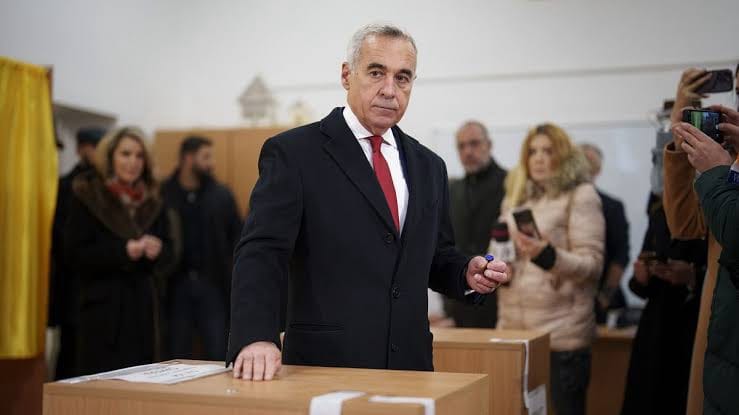EU pressures TikTok over alleged Russian election meddling in Romania
The European Union has demanded an urgent explanation from TikTok regarding intelligence data from Romania that suggests Moscow coordinated accounts on the platform to boost the leading candidate in the country’s presidential election.

The European Union has demanded an urgent explanation from TikTok regarding intelligence data from Romania that suggests Moscow coordinated accounts on the platform to boost the leading candidate in the country’s presidential election.
The EU’s inquiry, announced Friday, comes amid growing concerns about foreign interference in the first round of voting on November 24.

Romanian intelligence agencies claim that a TikTok user spent $381,000 to pay influencers to promote content favoring the candidate Georgescu. According to their report, “This campaign aimed to manipulate public opinion by rapidly increasing the candidate’s visibility.”
The intelligence added that thousands of social media accounts, many of which had been inactive for years, suddenly became active just weeks before the election, amplifying the messaging in what was described as an “aggressive advertising campaign.”
European Commission officials confirmed this was their second request for information from TikTok since the election began. “We have sent TikTok an urgent request to provide details on these activities and explain what actions are being taken to address potential manipulation,” said an unnamed EU official.
Henna Virkkunen, the commission’s executive vice-president for tech sovereignty, security, and democracy, expressed alarm about the situation. “We are concerned about mounting indications of a coordinated foreign online influence operation targeting ongoing Romanian elections, especially on TikTok,” she wrote in a post on X.
TikTok has been ordered to preserve all election-related data under the Digital Services Act (DSA) and must respond to the EU inquiry within 24 hours. A European Commission spokesperson emphasized the urgency of the request: “The integrity of elections in EU member states is non-negotiable. Platforms like TikTok have a responsibility to ensure their services are not weaponized to undermine democracy.”
This case has reignited broader fears about the role of social media platforms in elections. “If proven true, this is a clear example of how foreign actors can manipulate democratic processes through online platforms,” said Marek Kostka, an EU policy analyst. “The potential implications for other EU elections are deeply concerning.”
TikTok has not yet issued an official response but stated earlier this year that it is committed to combating misinformation and foreign interference. The company faces mounting pressure to clarify its role in the alleged campaign and to demonstrate transparency in how it manages such situations.














